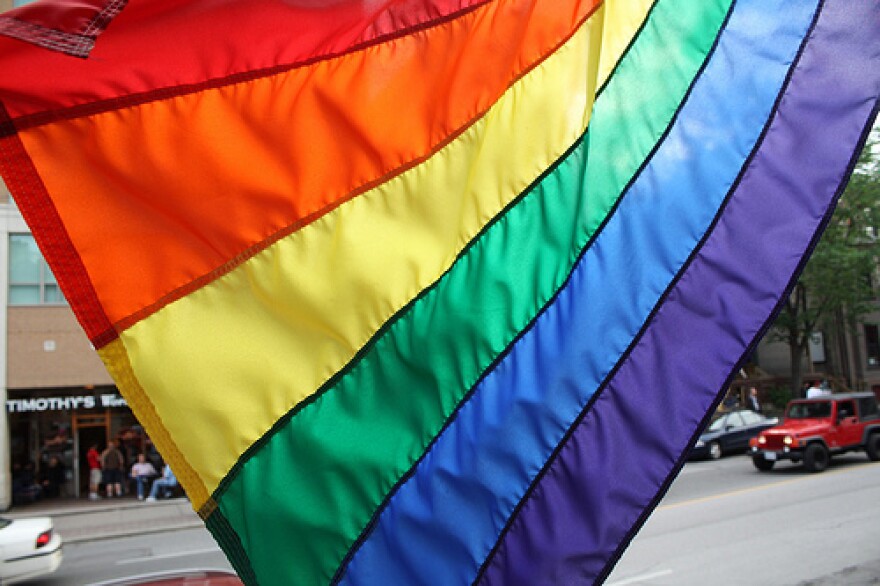The Supreme Court will decide whether federal civil rights law prohibits discrimination against transgender people when it takes up a Michigan case involving a R.G. and G.R. Harris Funeral Homes.
The lawsuit involves Aimee Stephens, a funeral home director at R.G. and G.R. Harris, which operates three funeral homes in Michigan, who was fired after disclosing that she was transitioning from male to female and dressed as a woman.
The federal Equal Employment Opportunity Commission sued on behalf of Stephens.
The U.S. Court of Appeals for the 6th Circuit ruled last year that her firing constituted sex discrimination under federal law.
The funeral home argues in part that Congress was not thinking about transgender people when it included sex discrimination in Title VII of the federal Civil Rights Act of 1964.??
The justices also said Monday they would hear cases involving people who claim they were fired because of their sexual orientation.
The cases will be argued in the fall, with decisions likely by June 2020 in the middle of the presidential election campaign.
The issue is whether Title VII of the federal Civil Rights Act of 1964, which prohibits sex discrimination, protects LGBT people from job discrimination.
Title VII does not specifically mention sexual orientation or transgender status, but federal appeals courts in Chicago and New York have ruled recently that gay and lesbian employees are entitled to protection from discrimination.
The big question is whether the Supreme Court, with a strengthened conservative majority, will do the same.
The Obama administration had supported treating LGBT discrimination claims as sex discrimination, but the Trump administration has changed course.
The Trump Justice Department has argued that Title VII was not intended to provide protections to gay or transgender workers. The administration also separately withdrew Obama-era guidance to educators to treat claims of transgender students as sex discrimination.
President Donald Trump has appointed two justices, Neil Gorsuch and Brett Kavanaugh.
The justices will take up three cases in the fall.
In one, the federal appeals court in New York ruled in favor of a gay skydiving instructor who claimed he was fired because of his sexual orientation.
The other case is from Georgia, where the federal appeals court ruled against a gay employee of Clayton County, in the Atlanta suburbs.





